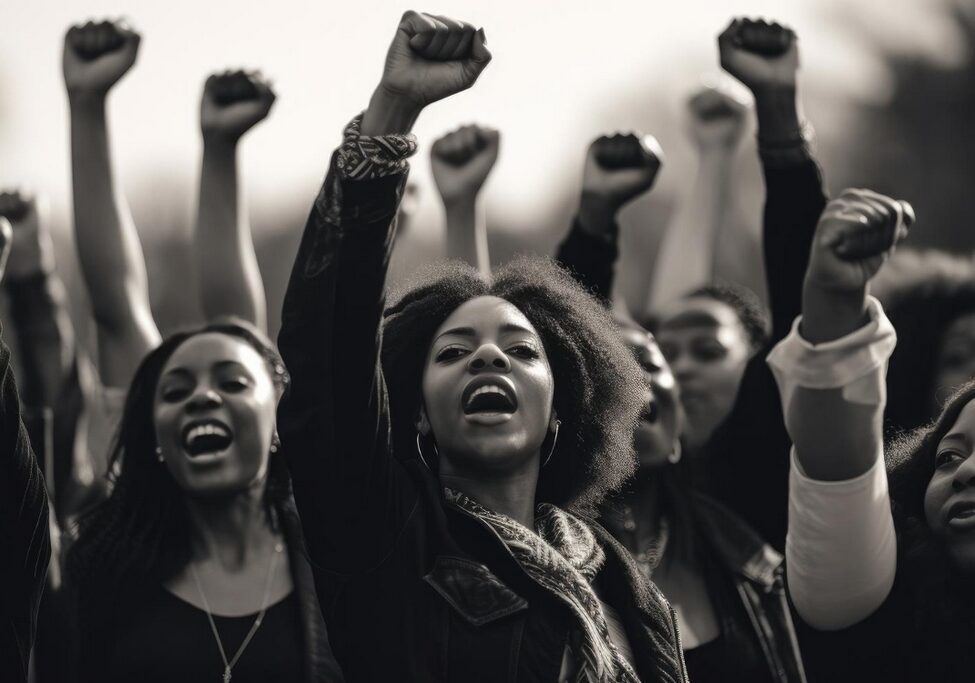Stigma is high among sex workers, both nationals and refugees, due to punitive laws that subject them to a vulnerable state of psychological and physical torture, limiting their ability to demand their health rights. Accessing sexual and reproductive rights information, education, and HIV treatment and care services is hindered by discrimination and barriers faced by key population communities. At Mu-Ultra Health Foundation, we believe that women’s participation and engagement in gender-responsive planning is essential to address women’s economic marginalization. We also emphasize the importance of engaging with men and boys to promote gender equality and shared responsibilities.
Key Strategies
Mu-Ultra Health Foundation empowers sex workers, both nationals and refugees, to advocate for their health rights by addressing the stigma they face due to punitive laws and discrimination. This involves providing support and resources for them to assert their rights to health services.
The organization works to break down barriers to accessing sexual and reproductive health and HIV treatment services, particularly for key population communities, who often face discrimination and societal pressures. This includes educational initiatives and awareness campaigns.
Mu-Ultra Health Foundation believes that women’s active participation in shaping economic planning and policies is essential to combat women’s economic marginalization, both nationally and locally. Collaboration with HARPF enhances the contributions of key population groups to health services and social protection.
In addition to its health programs, Mu-Ultra Health Foundation recognizes the importance of involving both men and women in efforts to achieve gender equality. It strives to engage boys and men in understanding their roles in promoting gender equality and shared responsibility.
Mu-Ultra Health Foundation addresses harmful stereotypes regarding sexuality, reproduction, and parenthood, often justified by culture, tradition, or religion. The organization works to challenge and change these stereotypes through education and advocacy.

